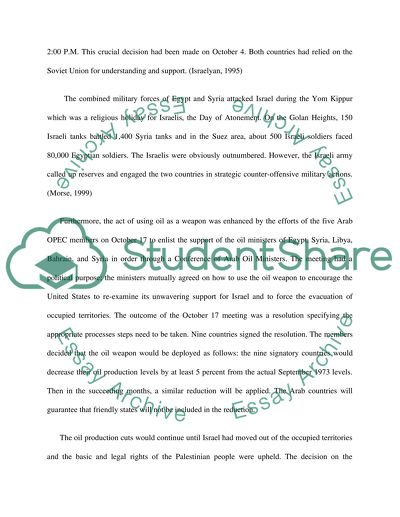Cite this document
(“Arab Oil Case Study Example | Topics and Well Written Essays - 1000 words”, n.d.)
Arab Oil Case Study Example | Topics and Well Written Essays - 1000 words. Retrieved from https://studentshare.org/politics/1507572-arab-oil
Arab Oil Case Study Example | Topics and Well Written Essays - 1000 words. Retrieved from https://studentshare.org/politics/1507572-arab-oil
(Arab Oil Case Study Example | Topics and Well Written Essays - 1000 Words)
Arab Oil Case Study Example | Topics and Well Written Essays - 1000 Words. https://studentshare.org/politics/1507572-arab-oil.
Arab Oil Case Study Example | Topics and Well Written Essays - 1000 Words. https://studentshare.org/politics/1507572-arab-oil.
“Arab Oil Case Study Example | Topics and Well Written Essays - 1000 Words”, n.d. https://studentshare.org/politics/1507572-arab-oil.


